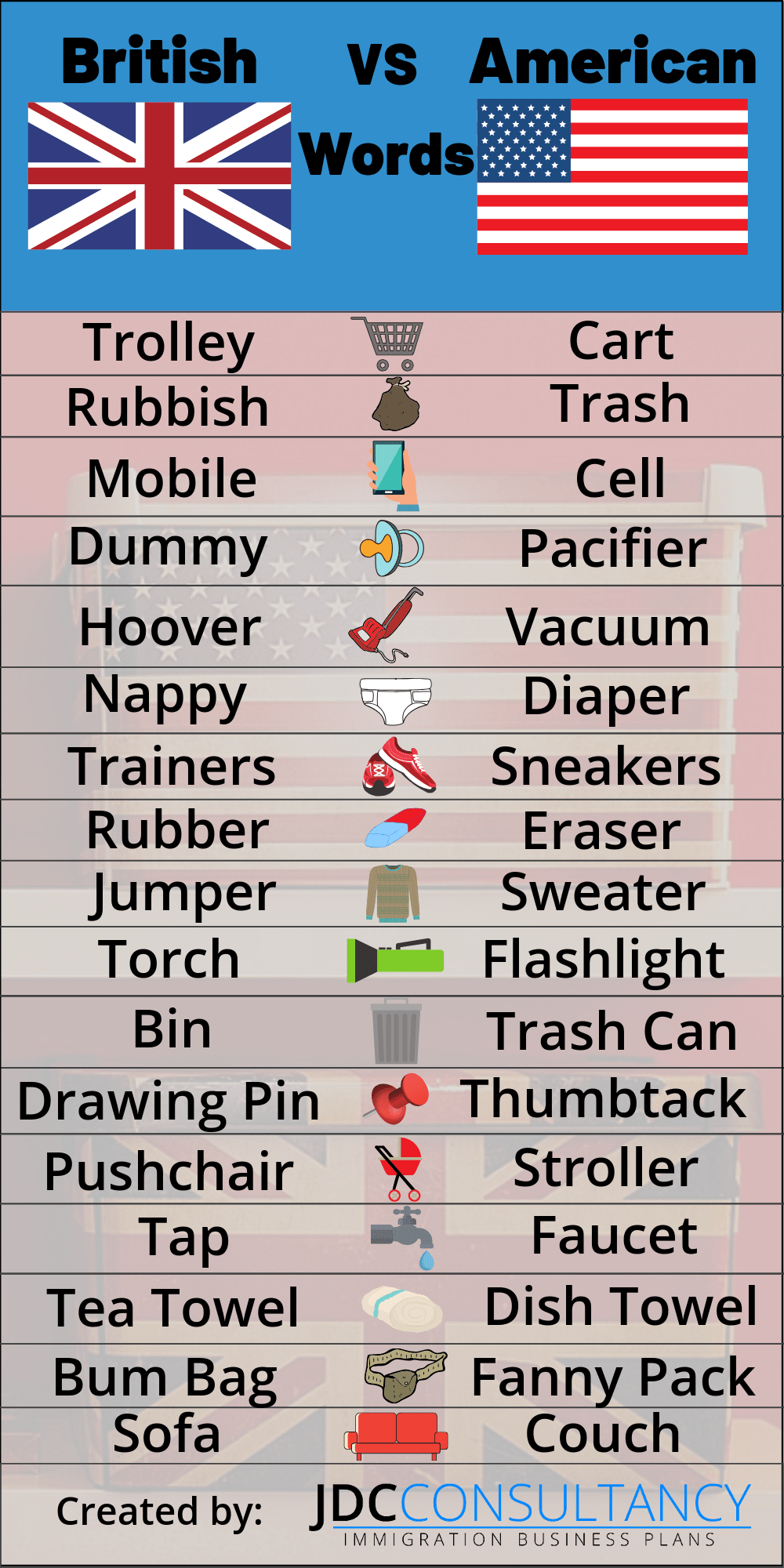ATA4
Assignment 4 required assessing advertisements from American culture and a different culture for representation of gender stereotypes. I chose to search advertisements from Denmark as I was interested in their culture from assignment 3. I was surprised to find that Denmark had similar representations of sexualizing females and comparably portraying them as the US. The advertisements in this assignment made me speculate on the impact gender-stereotypical images and ideas have on our enculturation. I am someone who has always struggled with weight management. Growing up seeing the prevalence of advertisements with scantly clad, extremely thin women made me feel as though I wanted to look like them. I had low self-esteem as a teenager because I could never get as small as my peers or the people I saw in the media. The advertisements with skinny women eating cheeseburgers/fast food were incredibly impactful because I couldn’t understand how everyone seems to eat whatever they want and stay thin. I have had to count calories and weigh food for my entire adult life, and I am still considered plus size.
I just wrote a paper on Evolutionary Personality Theory regarding mate selection which reminded me of Assignment 4. The personality textbook indicates that males value physical appearance more than women when choosing a mate (Burger, 2019, p. 244). Findings like these support the gender stereotypes that women must uphold a ridiculously high beauty standard. Not only do our physical characteristics sell merchandise, but they apparently land us a mate.
References: Burger, J. M. (2019). Personality (10th ed.). Cengage Learning.

https://www.glamour.com/about/stereotypes
I chose this image because it represents how I perceive cultural gender stereotypes. The positive adjectives used to describe the thin person imply she has more value than the heavier woman. Thus, the image adheres to stereotypes perpetuated by patriarchal cultures that women who are “sexy” have a higher value.
ATA3
Assignment 3 required an evaluation of blogs from foreign exchange students for different cultural norms than the United States. While reading the blogs about a foreign exchange student in Denmark, I was impacted by Danes’ emphasis on subjective well-being. I am currently taking Positive Psychology, and subjective well-being is a synonym for happiness and is the combination of “positive affect and life satisfaction” ( Lopez et al., 2019, p. 137). Thus, the fundamental basis of the course is learning about what makes people happy in different cultures. The Danes have a culture that focuses on psychosocial interaction, physical well-being, and gender equality.
I am currently struggling to maintain my own subjective well-being. I am struggling because I have been so overwhelmed trying to manage my time between schoolwork, house chores, cooking, shopping, lawn work, being a mother and wife, baseball games, laundry, and sleeping. I am struggling with finding time for basic needs such as sleep and exercise with all of the other obligations that are my responsibility. I should be more like the Danes and participate in hygge, the practice of taking time to enjoy life actively (Zapata, 2019)!
Lopez, S. J., Pedrotti, J. T., & Snyder, C. R. (2019). Positive Psychology The Scientific and Practical Explorations of Human Strengths (4th ed.). Sage.
Zapata, G. (2019, January 28). The ‘C’ in Copenhagen stands for what? Storytellers. https://templeuabroad.blog/2019/01/28/the-c-in-copenhagen-stands-for-what/

https://www.bbc.com/news/magazine-34345791
I chose this image because I value the importance of taking time to enjoy life. As adults in this fast-paced society, we often forget that these busy moments are our life. There should be a higher emphasis placed on enjoying moments in the “here and now” instead of trying to “wait for things to calm down.”
ATA2
For Assignment two, I chose Time and its Control as the American value that is most significant to me (Kohls, 1984). My entire life is conducted on a time schedule set in place by society. We, as Americans, have been socialized and enculturated to view time as a spendable commodity that dictates how we live. There are time limits for when our children and ourselves begin and finish school, get married, have children, work, and even spend leisure time. Our cultural obsession with time impacts our culturally admirable personality traits.
Americans respect ambition, initiative, straightforwardness, assertiveness, and proficiency. Individuals who do not subscribe to these traits may develop feelings of inadequacy. In my Positive Psychology class, we discussed the importance of time between Western individualistic and Eastern collectivist cultures. Americans being individualistic, there is a need for uniqueness, which feeds into our obsession with time (Lopez et al., 2019, p. 30). There is a need to be the fastest, most intelligent, and most eager person to achieve personal goals.
Lopez, S. J., Pedrotti, J. T., & Snyder, C. R. (2019). Positive Psychology The Scientific and Practical Explorations of Human Strengths (4th ed.). Sage.
Kohls, L. R. (1984). The values Americans live by. Washington, DC: Meridian House International.

https://www.istockphoto.com/photo/time-is-money-gm1176753297-328227346
I chose the visual below because it embodies the way I view the Americans’ obsession with time. Every minute that passes represents a missed opportunity to make money.
ATA1
Assignment one was a great way to begin reflecting on how uneducated I am on cultural diversity. I minimized cultural differences not because I am ethnocentric, but because I have not had exposure to many cultures. My perspective comes from my experiences which have not been exceedingly diverse. This assignment had many parallels to what I am in learning in my Diversity in Human Services course. There are many aspects regarding minority groups in the U.S. that I was uneducated on as well. I realize I applied the ideals in Minimizing Stage mentality to global cultures and white privilege in America (Bennet, 1993). I tend not to focus on the cultural differences as much as the similarities we share as human beings. By participating in that mindset, I am minimizing others’ experiences and perspectives. These two courses are changing my perspective on the way I view diversity. I have offended people by being unaware and absent-minded.
My friend is new to the U.S. from the U.K. I assumed we would have similar cultures because both countries are English speaking, possess western ideologies, and are individualist societies. However, I quickly realized there are vast differences in our social norms. For example, my other friends in my neighborhood will knock on my front door and walk in without waiting for me to greet them. My U.K. friend found this to be a massive violation of personal privacy. We have been friends for over a year, and she still asks to use my restroom. In the U.K., it isn’t polite to walk through someone’s home without expressed permission. She and I even experience some language barriers that require explanation. This assignment has taught me to evaluate my assumptions about other cultures.
Bennett, M. J. (1993): Towards Ethnorelativism: A Developmental Model of Intercultural Sensitivity. Aus: Paige, RM, 21-71.

https://jdcconsultancy.com/british-vs-american-words-infographic/
I chose this image to represent the cultural differences that I often overlooked. The words are all in English but have culturally different interpretations for the same items.
.